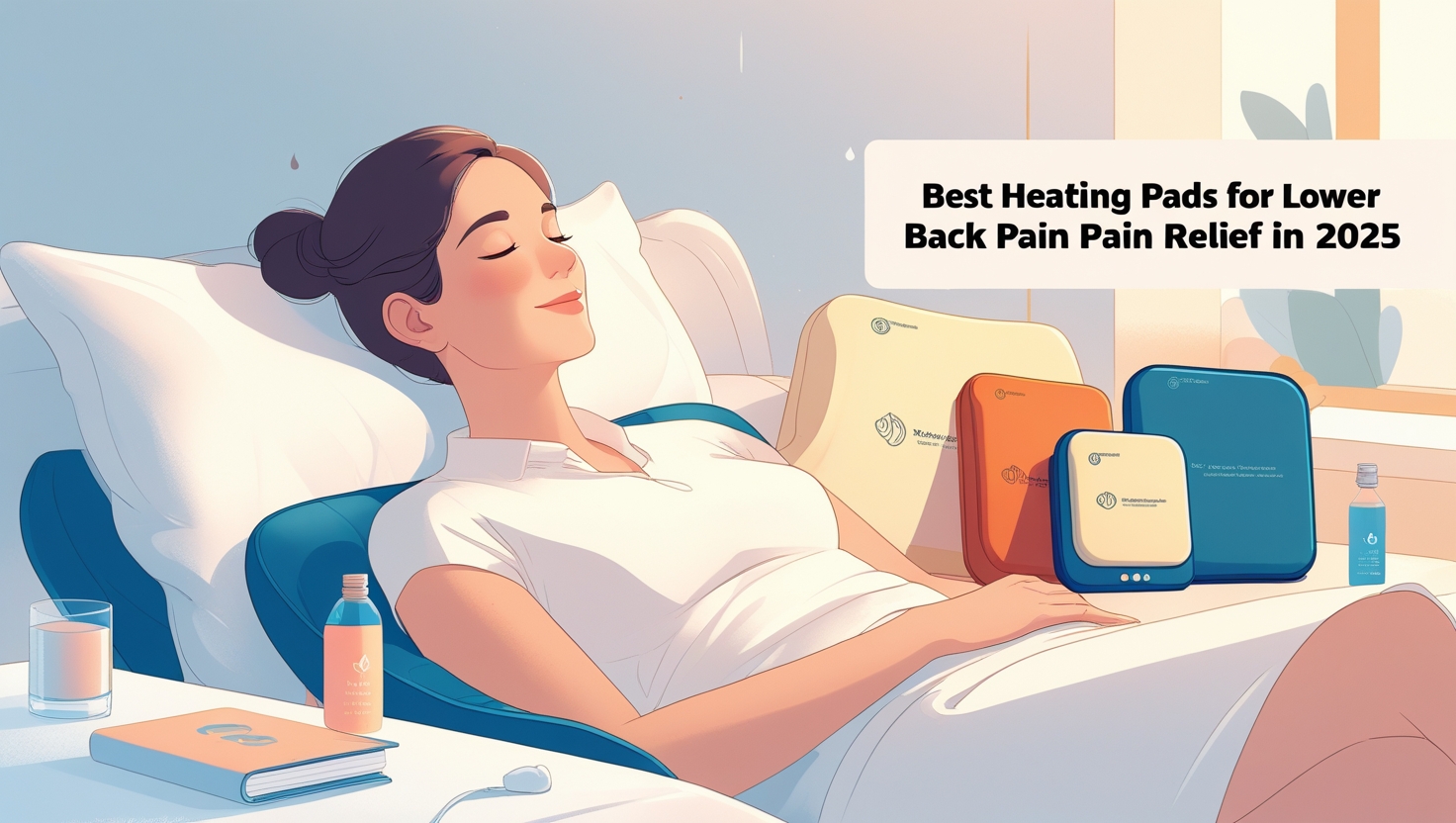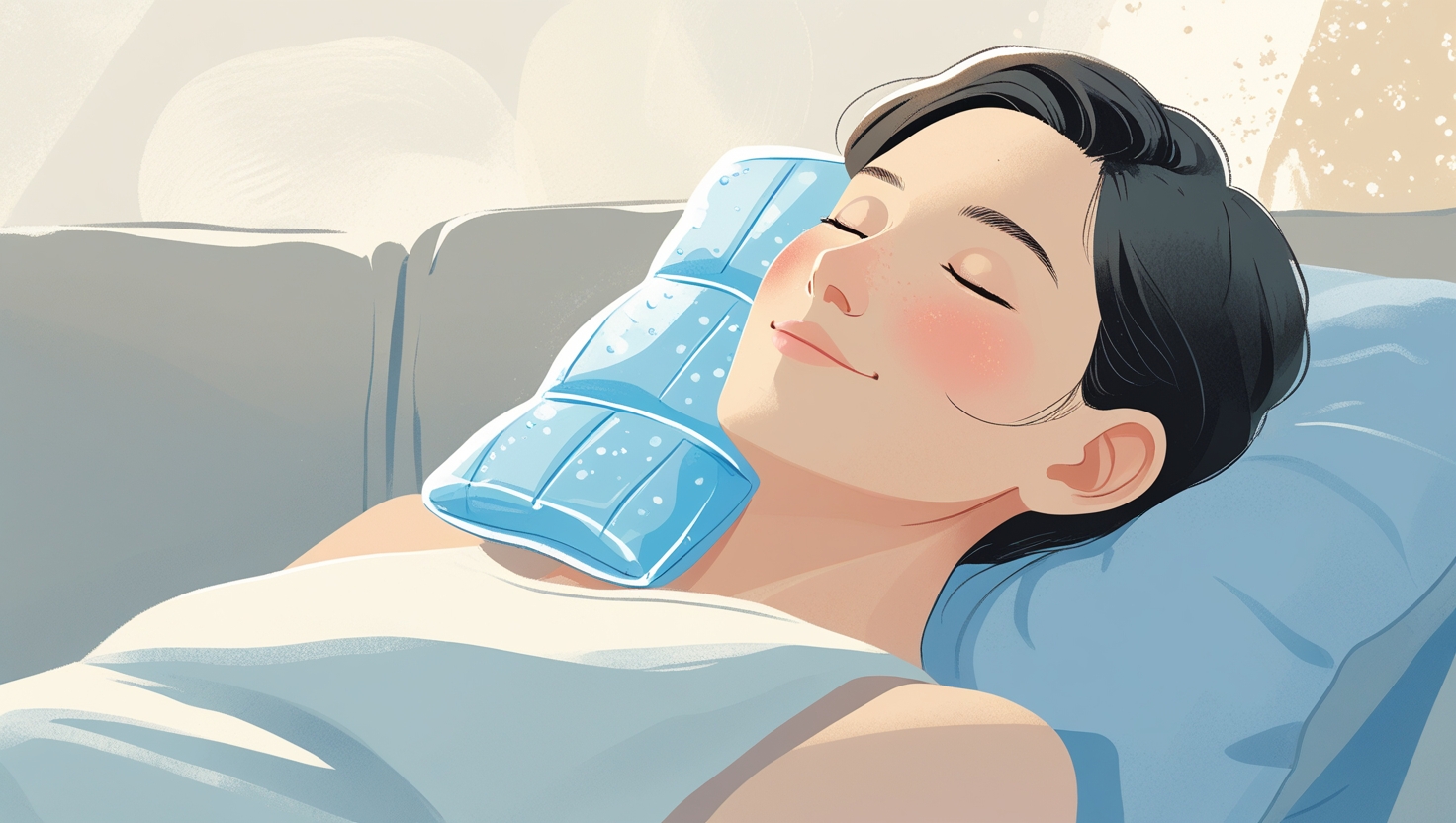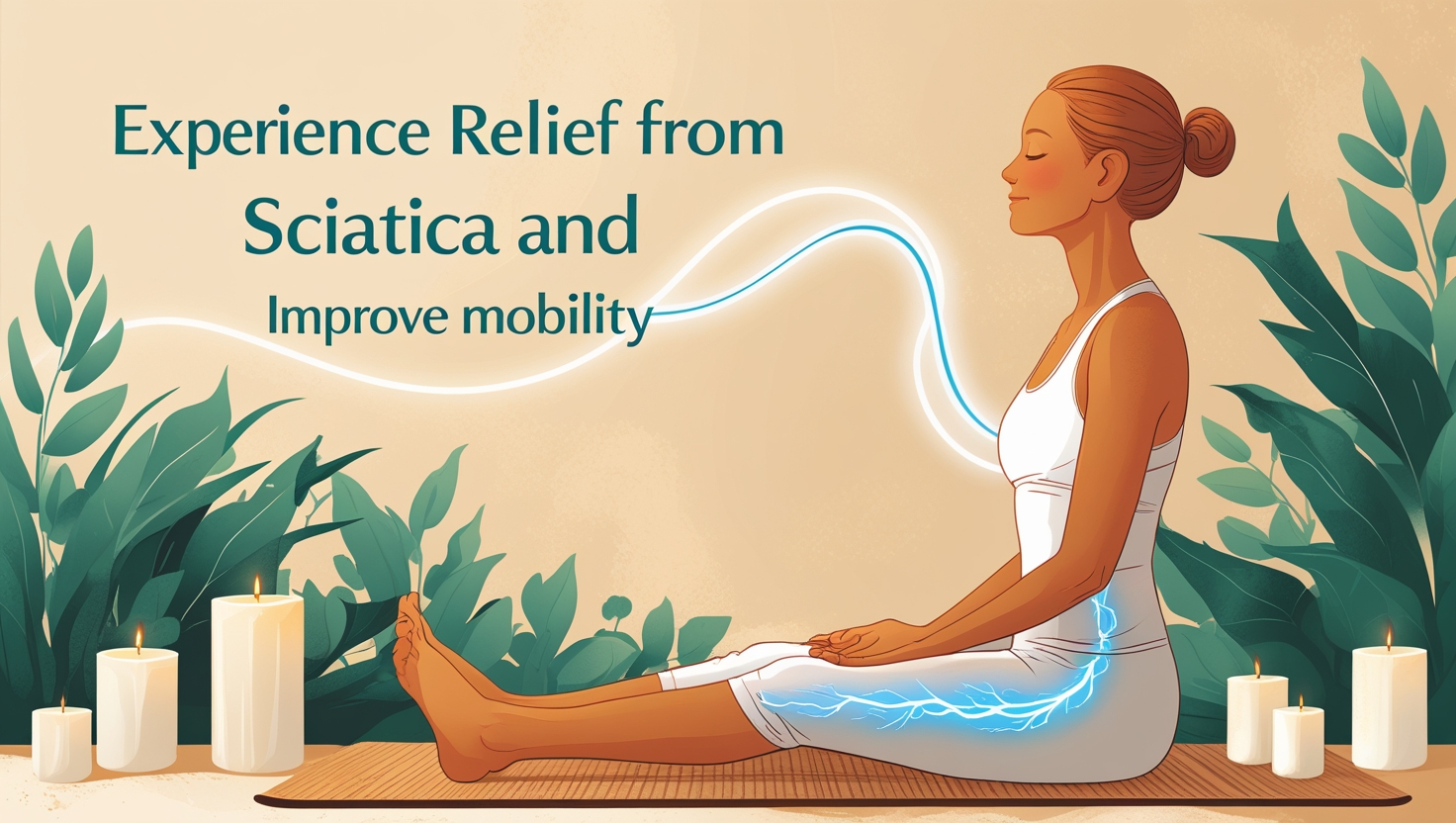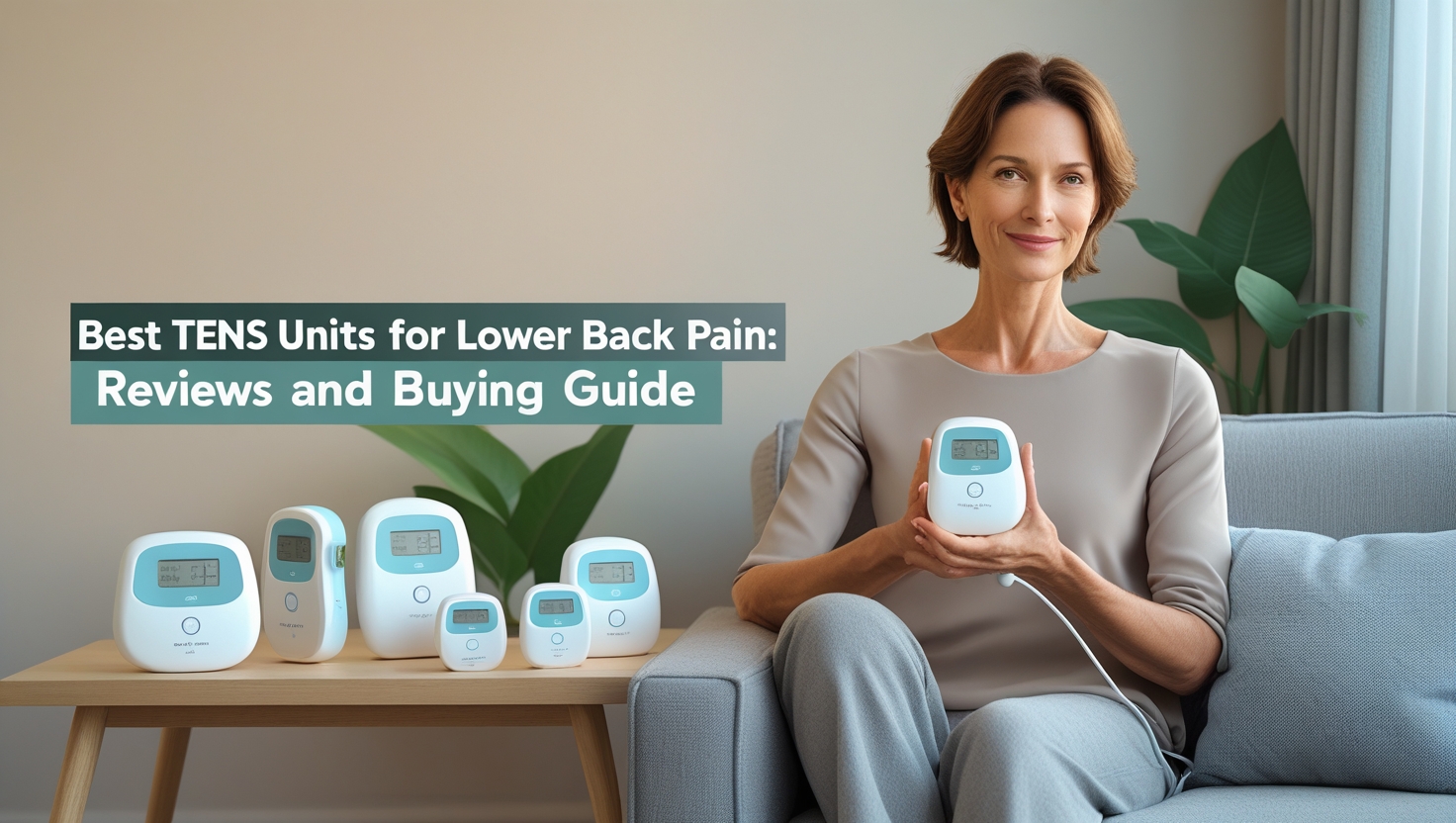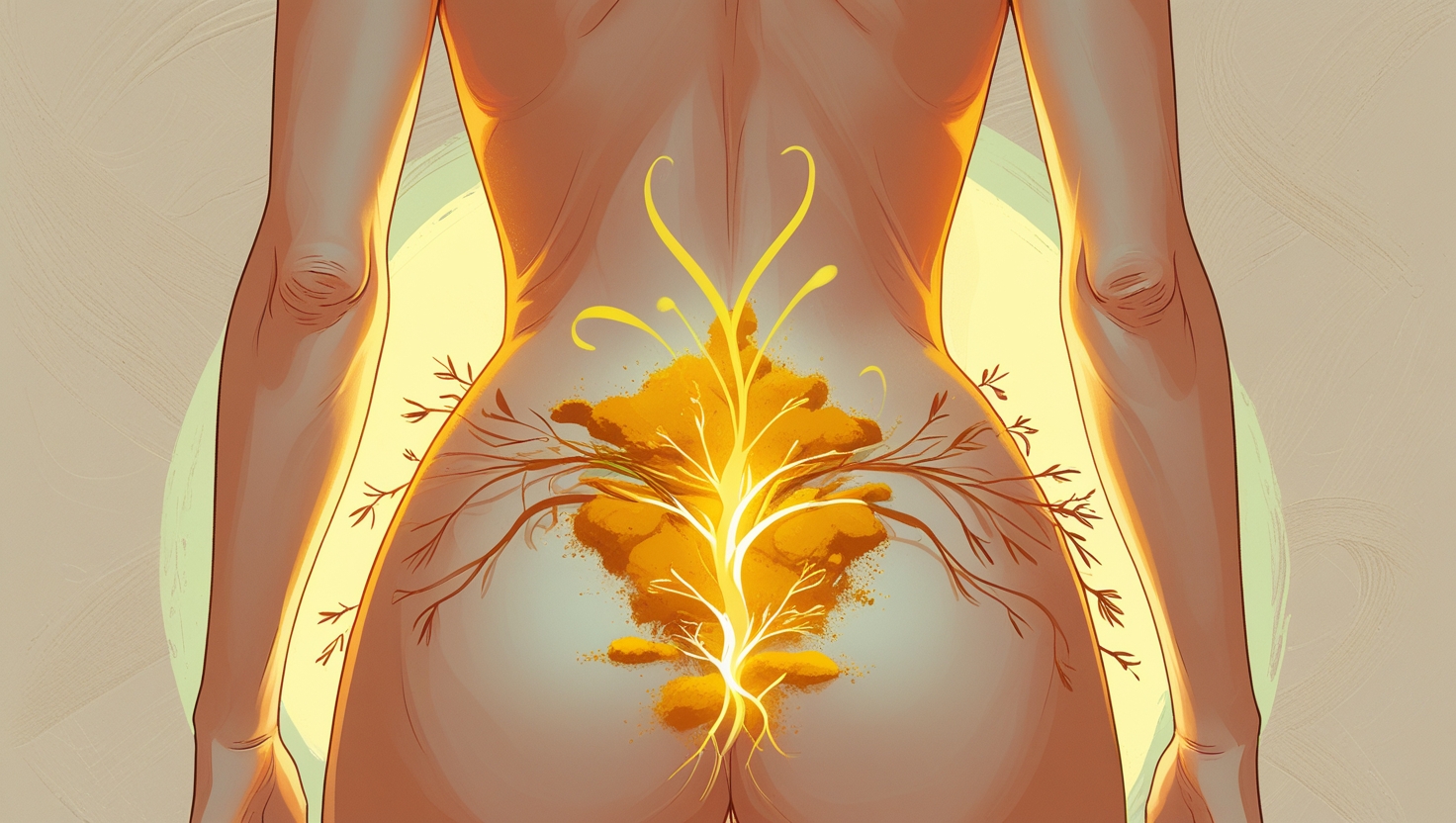The Impact of Poor Sleep on Back Pain: A Comprehensive Guide
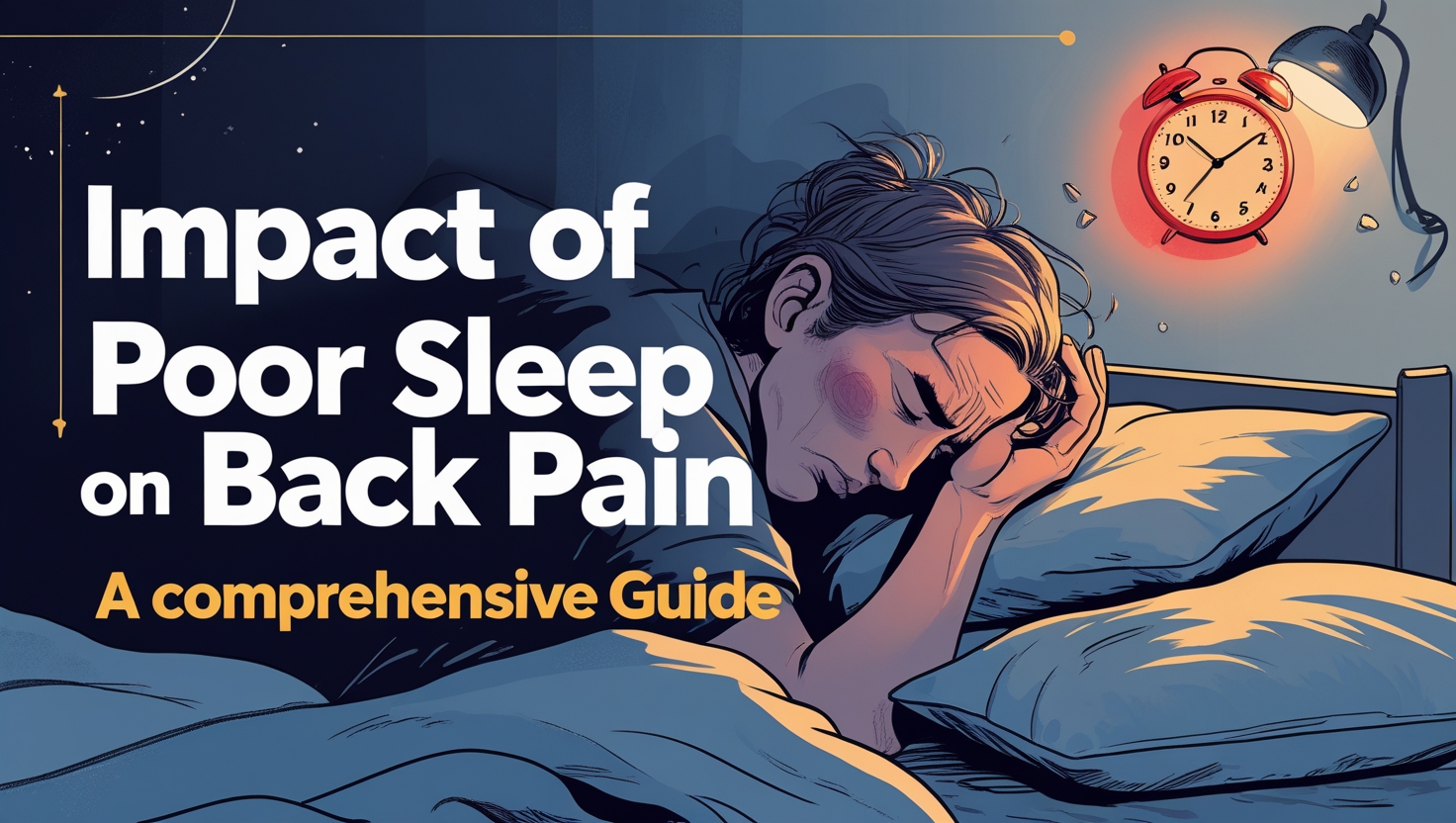
Tossing and turning all night? Your aching back might be to blame—or maybe it's the other way around. This intricate relationship between sleep quality and spinal health affects millions worldwide, creating a frustrating cycle that seems impossible to break.
Understanding the Sleep-Back Pain Connection
Ever wonder why your back feels like it's been through a blender after a restless night? Well, you're not alone in this struggle. The relationship between poor sleep and back pain is more intertwined than a pretzel, and frankly, it's driving countless people up the wall.
Sleep isn't just about feeling refreshed—oh no, it's way more complex than that. During those precious hours of shut-eye, your body goes into full repair mode. Your muscles relax, inflammation decreases, and tissues regenerate. But when sleep quality tanks? Your back pays the price, big time. Studies consistently show that people experiencing sleep disturbances are significantly more likely to develop chronic back pain, with research indicating up to a 2.5 times higher risk.
The kicker? Poor sleep doesn't just contribute to back pain—it makes existing pain worse. It's like adding fuel to an already blazing fire. When you're sleep-deprived, your pain threshold drops dramatically. What might've been a minor twinge becomes a major ache. Your nervous system, already on high alert from lack of rest, amplifies pain signals like a broken amplifier stuck on maximum volume.
The Vicious Cycle: How Back Pain Disrupts Sleep Quality
Here's where things get really frustrating—back pain doesn't just result from poor sleep; it actively sabotages your ability to get quality rest. Talk about a double whammy! When your back's screaming at you, finding a comfortable sleeping position becomes mission impossible.
Most folks with back pain find themselves playing musical chairs with their pillows all night long. Side sleepers struggle with spinal alignment, back sleepers can't find the right support, and stomach sleepers? Don't even get us started on that spine-twisting nightmare. The constant shifting and repositioning fragments sleep cycles, preventing you from reaching those deep, restorative stages where real healing happens.
But wait—there's more to this twisted tale. Chronic pain triggers stress responses in your body, flooding your system with cortisol and adrenaline. These stress hormones are basically sleep's worst enemies, keeping your mind racing when it should be winding down. The result? You're lying there at 2 AM, back throbbing, mind spinning, wondering if you'll ever feel human again.
The Science Behind Sleep Deprivation and Spinal Health
Let's dive into the nitty-gritty science, shall we? When you're catching quality Z's, your body's busy doing some serious behind-the-scenes maintenance work. The intervertebral discs—those squishy cushions between your vertebrae—actually rehydrate and expand during sleep. It's like they're little sponges soaking up much-needed nutrients and fluid.
Sleep deprivation throws a wrench into this delicate process. Without adequate rest, your discs don't get proper time to rejuvenate. They remain compressed and dehydrated, leading to increased stiffness and pain. Research from the Journal of Sleep Research demonstrates that even one night of poor sleep can reduce disc height by up to 8%.
Furthermore, sleep plays a crucial role in managing inflammation throughout your body. During deep sleep phases, your immune system releases anti-inflammatory cytokines that help reduce swelling around irritated nerves and tissues. Miss out on this natural healing process, and inflammation runs rampant through your spine like an unwelcome house guest who just won't leave.
Common Sleep Disruptors That Worsen Back Pain
So, what exactly sabotages our sleep and sends our backs into rebellion? The culprits are more numerous than you might think, and some of them might surprise you.
Technology overload tops the list—and boy, is it a doozy. That blue light from your phone, tablet, or TV tricks your brain into thinking it's still daytime, suppressing melatonin production. Plus, scrolling through social media or binge-watching shows keeps your mind active when it should be powering down. Your poor back, meanwhile, is probably contorted into some awful position while you're glued to these screens.
Stress and anxiety are equally destructive sleep bandits. When you're worried about work, relationships, or that growing pile of bills, your mind refuses to quiet down. Your muscles tense up—especially in your neck, shoulders, and back—creating physical tension that compounds existing pain. It's like your body's holding onto stress with a death grip, even when you're trying to relax.
Environmental factors play their part too. A mattress that's seen better days, pillows that offer about as much support as a wet noodle, room temperatures that make you feel like you're sleeping in a sauna—all these seemingly minor issues add up to major sleep disruption.
Identifying Your Sleep Position and Its Effect on Back Pain
Here's a reality check: your favorite sleeping position might be your back's worst enemy. Shocking, right? Let's break down the good, the bad, and the downright ugly when it comes to sleep positions.
Side sleeping is generally the gold standard for spinal health—when done correctly. The keyword here being “correctly.” Many side sleepers let their top leg fall forward, twisting the spine and hips into an uncomfortable pretzel shape. Others use pillows that are too high or too low, throwing their neck out of alignment faster than you can say “chiropractor.”
Back sleeping can be fantastic for spinal alignment, but only if you've got the right setup. Without proper lumbar support, your lower back can arch excessively, creating pressure points that'll have you hobbling around like a question mark the next morning. Plus, if you snore (and let's be honest, many of us do), back sleeping can worsen sleep apnea, further disrupting sleep quality.
Stomach sleeping? Well, that's basically spinal suicide. Sorry to be blunt, but there's really no sugarcoating this one. This position forces your neck to turn dramatically to one side while flattening your spine's natural curves. It's like asking your back to hold an uncomfortable yoga pose for eight hours straight.
Evidence-Based Strategies for Better Sleep and Back Health
Alright, enough doom and gloom—let's talk solutions! The good news? There are proven strategies that can help you break free from this sleep-pain cycle and reclaim your nights (and your back).
Sleep hygiene isn't just a fancy term—it's your ticket to better rest. This means creating a consistent bedtime routine that signals to your body it's time to wind down. Dim the lights, put away those screens at least an hour before bed, and keep your bedroom cool (around 65-68°F is ideal). Think of your bedroom as a sleep sanctuary, not a multipurpose entertainment center.
Progressive muscle relaxation can work wonders for both sleep and back pain. Start at your toes and work your way up, tensing and then releasing each muscle group. This technique not only helps your body physically relax but also gives your racing mind something to focus on besides tomorrow's to-do list.
Here are some additional evidence-based strategies:
- Establish a consistent sleep schedule – Go to bed and wake up at the same time every day, even on weekends
- Create a pre-sleep routine – Try gentle stretching, reading, or meditation
- Optimize your sleep environment – Invest in blackout curtains and consider a white noise machine
- Watch your evening intake – Avoid caffeine after 2 PM and heavy meals within 3 hours of bedtime
- Get morning sunlight exposure – This helps regulate your circadian rhythm naturally
Creating an Optimal Sleep Environment for Spinal Support
Your bedroom setup can make or break your sleep quality—literally. Let's start with the foundation: your mattress. A mattress that's too soft won't provide adequate spinal support, allowing your back to sink into unnatural positions. Too firm? Your pressure points (hips, shoulders) won't get relief, creating tension that radiates through your spine.
The sweet spot is a medium-firm mattress that contours to your body while maintaining proper spinal alignment. Memory foam and hybrid mattresses often excel in this area, though personal preference plays a significant role. Don't fall for the “one-size-fits-all” marketing hype—what works for your neighbor might be torture for your back.
Pillows deserve equal attention in this spinal support equation. Your pillow should maintain your neck's natural curve, regardless of your preferred sleeping position. Side sleepers typically need a thicker pillow to fill the gap between their shoulder and neck, while back sleepers benefit from medium-thickness options. Stomach sleepers (though we really wish you'd reconsider) need thin pillows or none at all.
Temperature control isn't just about comfort—it's crucial for quality sleep. Your body temperature naturally drops as you prepare for sleep, and a cool environment supports this process. Overheating can fragment your sleep cycles, preventing you from reaching those deep stages where real healing occurs.
When to Seek Professional Help
Sometimes, despite your best efforts, the sleep-back pain cycle persists like a stubborn stain that just won't budge. That's when it's time to call in the professionals—and there's absolutely no shame in that game.
Red flags that warrant immediate medical attention include severe pain that radiates down your legs, numbness or tingling in your extremities, or pain that worsens progressively despite rest and conservative treatment. Don't tough it out—these symptoms could indicate serious underlying conditions that require prompt intervention.
A comprehensive approach often involves multiple healthcare professionals working together. Your primary care physician can rule out underlying medical conditions and coordinate care. Physical therapists can address biomechanical issues and teach you proper movement patterns. Sleep specialists can identify and treat sleep disorders like sleep apnea that might be contributing to your problems.
Consider seeking help if you've been struggling with this cycle for more than a few weeks. Early intervention often prevents acute problems from becoming chronic conditions that are much harder to treat. Plus, the sooner you address these issues, the sooner you can get back to enjoying restful nights and pain-free days.
Frequently Asked Questions
Q: How quickly can improving sleep quality reduce back pain? A: Many people notice improvements within 1-2 weeks of implementing better sleep habits, though significant changes typically take 4-6 weeks of consistent practice.
Q: Can sleeping pills help break the sleep-back pain cycle? A: While sleep medications might provide temporary relief, they don't address underlying causes and can become habit-forming. Natural sleep improvement strategies are generally more effective long-term.
Q: Is it normal for back pain to be worse in the morning? A: Yes, morning stiffness is common, especially if you've been in one position for hours. However, severe pain that persists beyond 30 minutes after waking may indicate a more serious issue.
Q: Should I sleep on a firm mattress if I have back pain? A: Not necessarily. Medium-firm mattresses typically provide the best balance of support and pressure relief for most people with back pain.
Q: Can stress really make back pain worse? A: Absolutely. Stress increases muscle tension and inflammation while lowering your pain threshold, creating a perfect storm for increased discomfort.
Final Thoughts: Breaking Free from the Cycle
The relationship between poor sleep and back pain doesn't have to be a life sentence of misery. Sure, it's a complex issue that affects millions of people worldwide, but understanding this connection puts you in the driver's seat of your own recovery.
Remember, small changes can yield big results over time. You don't need to overhaul your entire life overnight—start with one or two evidence-based strategies and build from there. Whether it's investing in a supportive pillow, establishing a consistent bedtime routine, or finally addressing that ancient mattress, every positive step moves you closer to breaking free from this frustrating cycle.
The key is patience and consistency. Your body needs time to adapt to new habits and heal from the cumulative effects of poor sleep and chronic pain. But with dedication and the right approach, you can reclaim both your nights and your days, waking up refreshed and ready to tackle whatever life throws your way.


